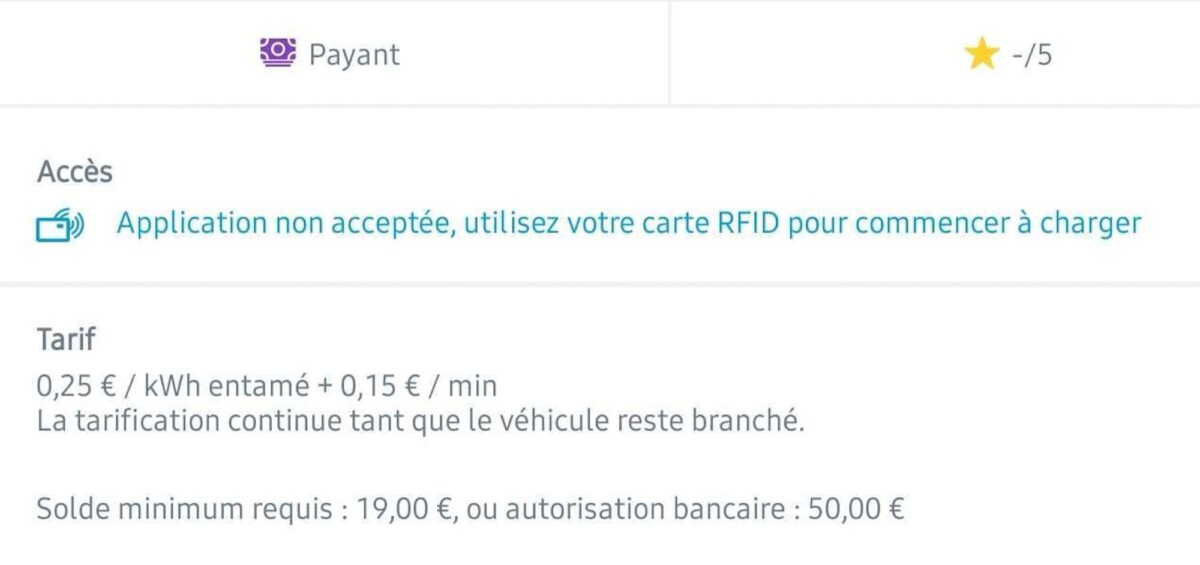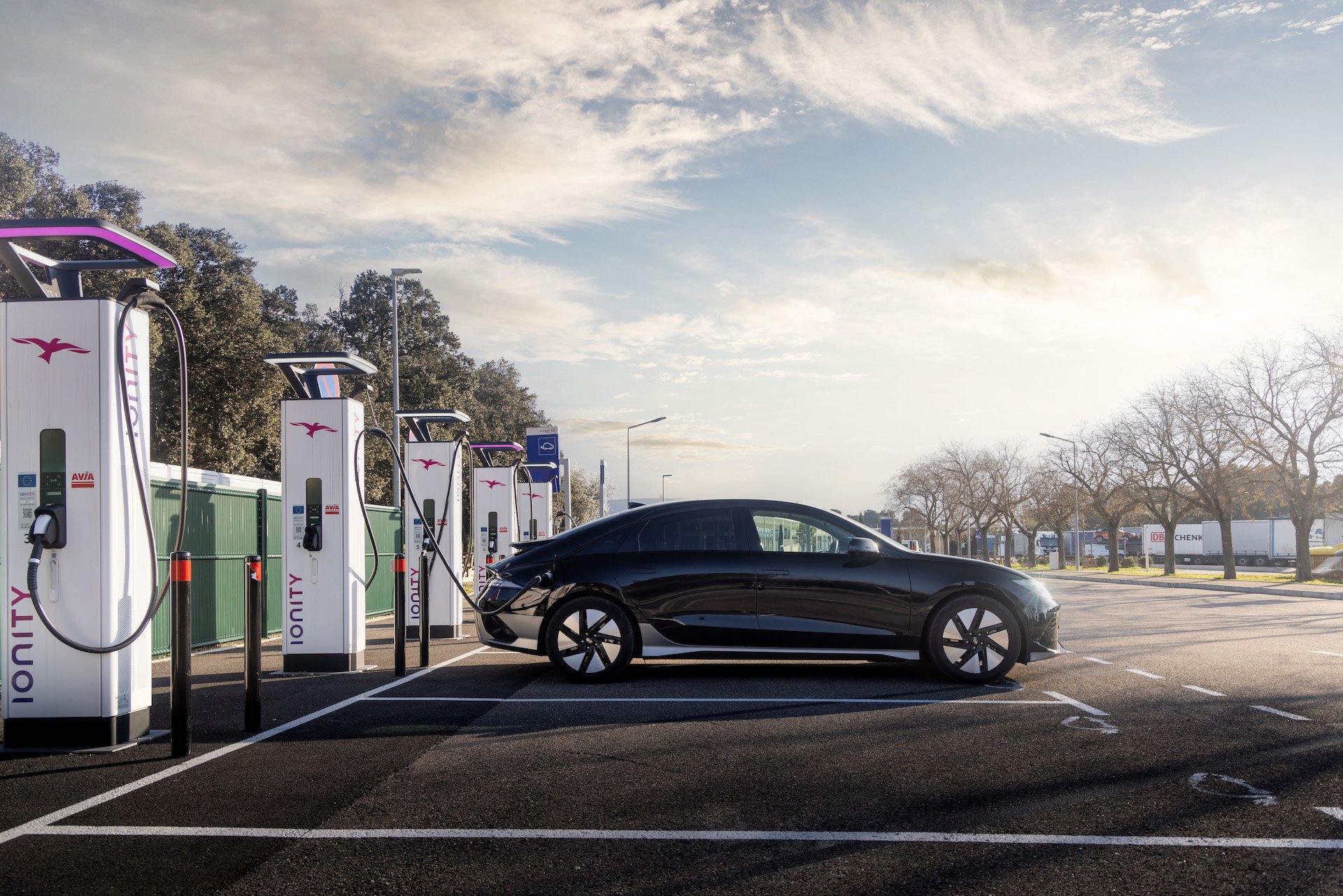Fast charging giant Ionity is one of the most useful networks during long journeys. However, with prices much higher than Tesla Superchargers, some may abandon Ionity terminals. A charging operator has just slashed prices on Ionity terminals, which potentially lowers the odds. Let’s do a check in.
Ionity is today very developed in France and Europe, with stations near major motorways in particular. This is why, during long trips, it is often practical to stop there, especially compared to the Tesla Superchargers which have somewhat deserted the highways.
Unfortunately, prices are almost twice as high as at Elon Musk’s brand charging stations, making a stop at an Ionity station less attractive. The charging operator Freshmile has just updated its prices, and at Ionity, the gains can be significant.
Ionity at the price of Tesla Superchargers, even for Teslas
Charging operator pricing sometimes works in two different ways. She may be either the energy consumed or the time spent charging. In practice, if billing is based on the energy consumed, vehicles that charge slowly are not penalized compared to all the champions of fast charging.
On the contrary, when billing is based on time, the faster a car charges, the cheaper the energy is. Freshmile has just applied a combination of these two billing methods to Ionity.

Currently, if you start a charge at an Ionity terminal with a Freshmile badge (or the Freshmile app on your smartphone), you will pay:
- 0.25 €/kWh consumed
- 0.15 €/min charging
It’s difficult to see at a glance what this changes for drivers of connected cars, but as you will see, most electric vehicles will benefit from this change in pricing policy. We take as an example a typical charge of 10 to 80%, which is sometimes completed in 18 minutes (Hyundai Ioniq 5 or 6, Kia EV6 in particular), and sometimes rather in 30 minutes (for example with an MG4).
The final price will be impacted by the recharge duration, since every 10 minutes, an additional 1.50 euros is added to the bill. The worst current students take around 30 minutes to reach 80% battery, it will cost 4.50 euros in addition to the cost linked to the energy consumed.
On paper, this can be scary. However, as we will see, the bill is much lower than paying Ionity directly at a rate of €0.59/kWh. The savings made are around 40% for an MG4, and almost 50% for a Hyundai Ioniq 6.
| Car | Duration 10% – 80% | Tesla Supercharger Price | Ionity Direct Price | Freshmile Ionity Price | Savings |
|---|---|---|---|---|---|
| Tesla Model 3 Powertrain | 25 mins | €13.45 | €24.78 | €14.25 | 42% |
| Tesla Model 3 Long Range | 25 mins | €17.90 | €33.05 | €17.75 | 46% |
| Hyundai Ioniq 6 | 18 mins | €16.58 | €30.56 | €15.65 | 49% |
| MG4 | 30 mins | €14.34 | €26.43 | €15.70 | 41% |
In addition, if Tesla Superchargers are very inexpensive today, and drivers of vehicles of the brand often prefer to go there for their simplicity, we note that the price to pay to Ionity becomes equivalent to that charged to date in Tesla Superchargers (0.32 €/kWh).
Remember that Ionity terminals are often in service areas while Tesla Superchargers often require exiting the highway. Ionity could then experience peaks in traffic during the next holidays, if many motorists decide to go through Freshmile for billing.
If this is the case, with between 4 and 6 Ionity terminals at each station compared to sometimes more than 16 at a Tesla Supercharger, the wait could be significant. But for the moment, customers are the big winners from this competition between different charging operators.
Want to join a community of enthusiasts? Our Discord welcomes you, it is a place of mutual help and passion around tech.
